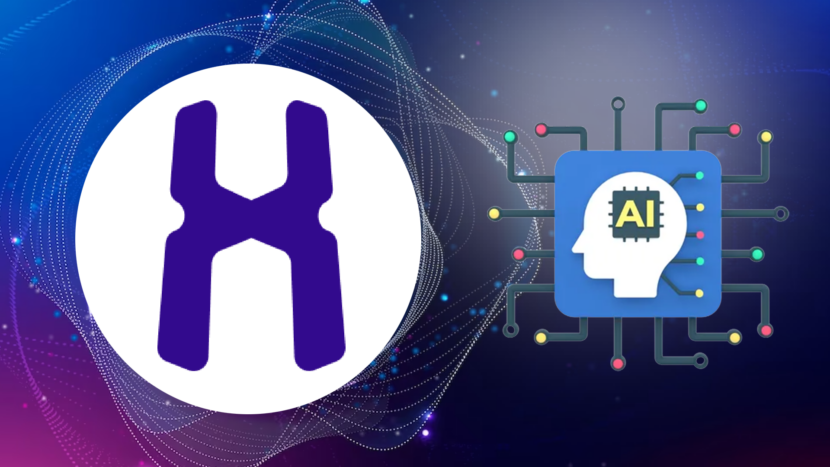- Although AI has managed to learn human language, gaining human intelligence is yet to be possible for AI.
- AI needs to change the technique it learns to achieve this milestone.
AI has shown us astounding innovations rapidly transforming how humans live. It has affected every aspect of human life. AI has produced astonishing results in many fields. For example, Chat GPT has revolutionized research with accurate and detailed feedback.
Since AI is developing rapidly, it has faced many allegations, too, such as the possibility of AI stealing the jobs of all humans. Many people have anticipated that AI will steal jobs from many and create mass unemployment. It is the only reason why many users are against it.
The Research Findings
- Understanding the Disconnect: Dr Stuart Wilson, from the University’s Department of Computer Science, presented research revealing that AI closely resembles the human brain but cannot replicate the exact functioning of the human brain. This discrepancy is attributed to several key factors.
- Lack of Direct Link to the Real World: One major hindrance is the need for AI systems to connect directly to the real world. Unlike the human brain, which continuously interacts with and responds to the external environment, AI lacks this immediate link, affecting its ability to fetch and process live data effectively.
- Advancements vs Biological Equivalence: Although recent advancements enable AI to process data similarly to the human brain and learn from its errors, this technology can only mimic human cognition to a certain extent. The researchers at Sheffield have identified significant discrepancies preventing AI from achieving a biologically equivalent level of intelligence.
The Recommendations
- Learning Like Humans: To bridge the gap between AI and human-like cognition, Tony Prescott, Professor of Cognitive Robotics at the University of Sheffield, suggests a transformative approach. He proposes that AI should learn like how humans learn. By adopting this technique, AI stands a better chance of attaining human-like understanding and intelligence.
Conclusion
While AI has made remarkable strides in understanding human language and revolutionizing various domains, achieving human-like cognition remains a significant challenge. The University of Sheffield’s research highlights the differences between AI and the human brain, underscoring the need for a shift in AI learning techniques. By emulating how humans learn and interact with the real world, AI can move closer to achieving human-like cognition, paving the way for even more groundbreaking applications and advancements in the future.





